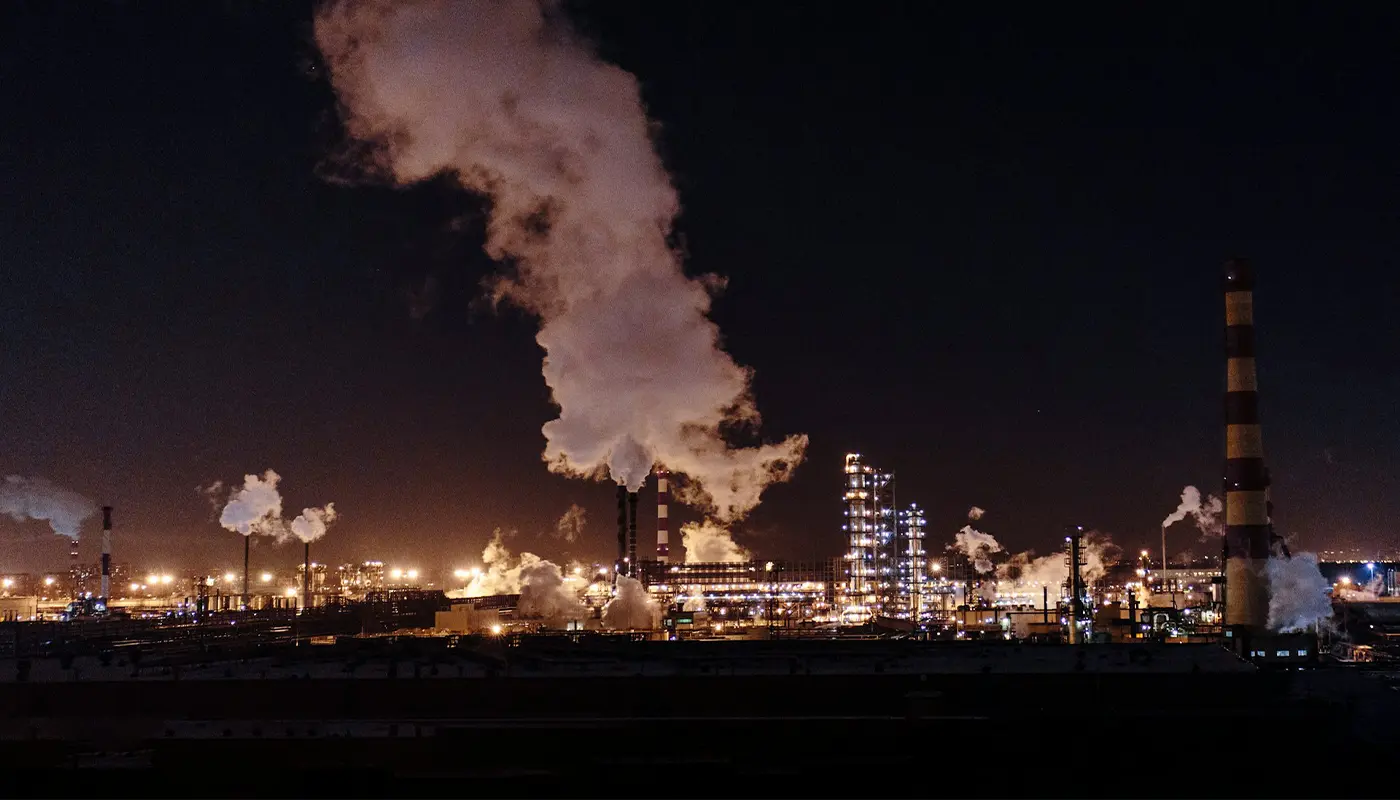In a significant escalation of the response to the Russia-Ukraine War, the United States and the European Union have announced coordinated measures targeting Russia’s energy sector, aiming to curb Moscow’s revenue streams and tighten pressure on its ability to fund the conflict.
On 23 October 2025, U.S. President Donald Trump imposed sweeping sanctions on two of Russia’s largest oil producers, Rosneft and Lukoil. These firms account for a substantial portion of Russia’s export output. The restrictions are intended to block their access to global financing, technology and markets.
The same day, the European Union finalised its 19th sanctions package against Russia, which for the first time includes a phased ban on imports of Russian liquefied natural gas (LNG). The measure will take full effect by January 1, 2027, signalling an ambitious step by Europe to wean itself off Russian fossil-fuel supplies.
According to analysts, the oil market responded swiftly, with global crude prices rising by about five percent in anticipation of supply disruption.
Why now?
The joint moves come amid growing frustration within Washington and Brussels over Russia’s steadfast refusal to agree to a ceasefire with Ukraine and its continued war operations. The U.S. sanctions represent the first time since President Trump’s second term began that Washington has imposed Ukraine-related measures of this scale on Russian energy firms.
Europe’s decision to target LNG reflects a strategic shift: although the EU has already cut pipeline-gas imports from Russia significantly, LNG imports remained a major channel. The new ban is designed to “hit where it hurts most,” in the words of one EU official.
Russia’s response
Russian President Vladimir Putin dismissed the sanctions as pressure tactics, telling reporters that “no self-respecting country … decides anything under pressure.” He added the measures would not meaningfully damage Russia’s economy but warned of serious repercussions if Moscow were targeted further.
Despite his defiance, analysts note that the sanctions could bite over time. Russia derives around a quarter of its state budget from oil and gas revenues, meaning any sustained disruption could hamper its war-financing capacity.
Global implications
The impact of these sanctions is already being felt beyond Russia’s borders. Indian refiners: given India is a major buyer of Russian crude oil, have reportedly begun cutting their purchases to align with U.S. rules. Meanwhile, Chinese state oil firms have temporarily suspended buying Russian oil amid the new U.S. measures.
For Europe, the LNG ban poses a longer-term challenge: replacing Russian supplies will require alternative sources and infrastructure investment. The energy pivot may have ripple effects on global markets and could raise energy costs in the short term.
What happens next?
Enforcement and compliance will be critical. The U.S. sanctions target Rosneft and Lukoil, but the Russian oil sector is vast and diversified; some observers warn that unless further measures target refineries and intermediaries, the effect may be limited.
On the EU side, legal and logistical hurdles remain around the use of frozen Russian assets to finance Ukraine’s defence. While Brussels has floated plans to turn around €140 billion in frozen assets into loans for Kyiv, several member states remain cautious.
Local relevance
Though this story centres on Russia, the sanctions are likely to ripple globally. For emerging economies, including those in South Asia, changes in crude supply chains and LNG prices could influence domestic energy costs. Countries dependent on imported energy may feel indirect effects sooner than expected. Likewise, firms in Bangladesh and neighbouring regions that rely on imported fuel could face cost pressures.
In conclusion, the coordinated US and EU sanctions mark a bold escalation in efforts to starve Russia of the economical means to continue its war with Ukraine. While the full effects will unfold over months, perhaps years, the message is clear: energy leverage is being deployed as a strategic instrument of international policy. Whether it will shift Moscow’s strategy remains to be seen.
Sources: Reuters, The Parliament Magazine, Al Jazeera






